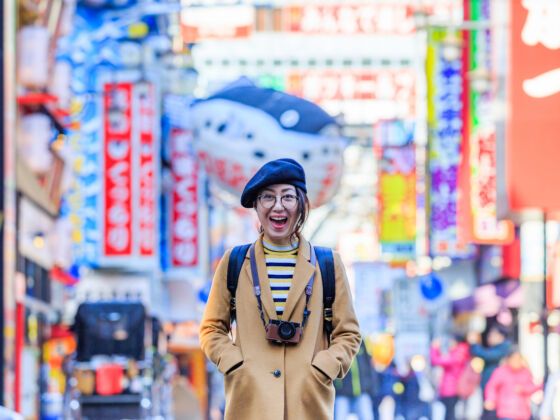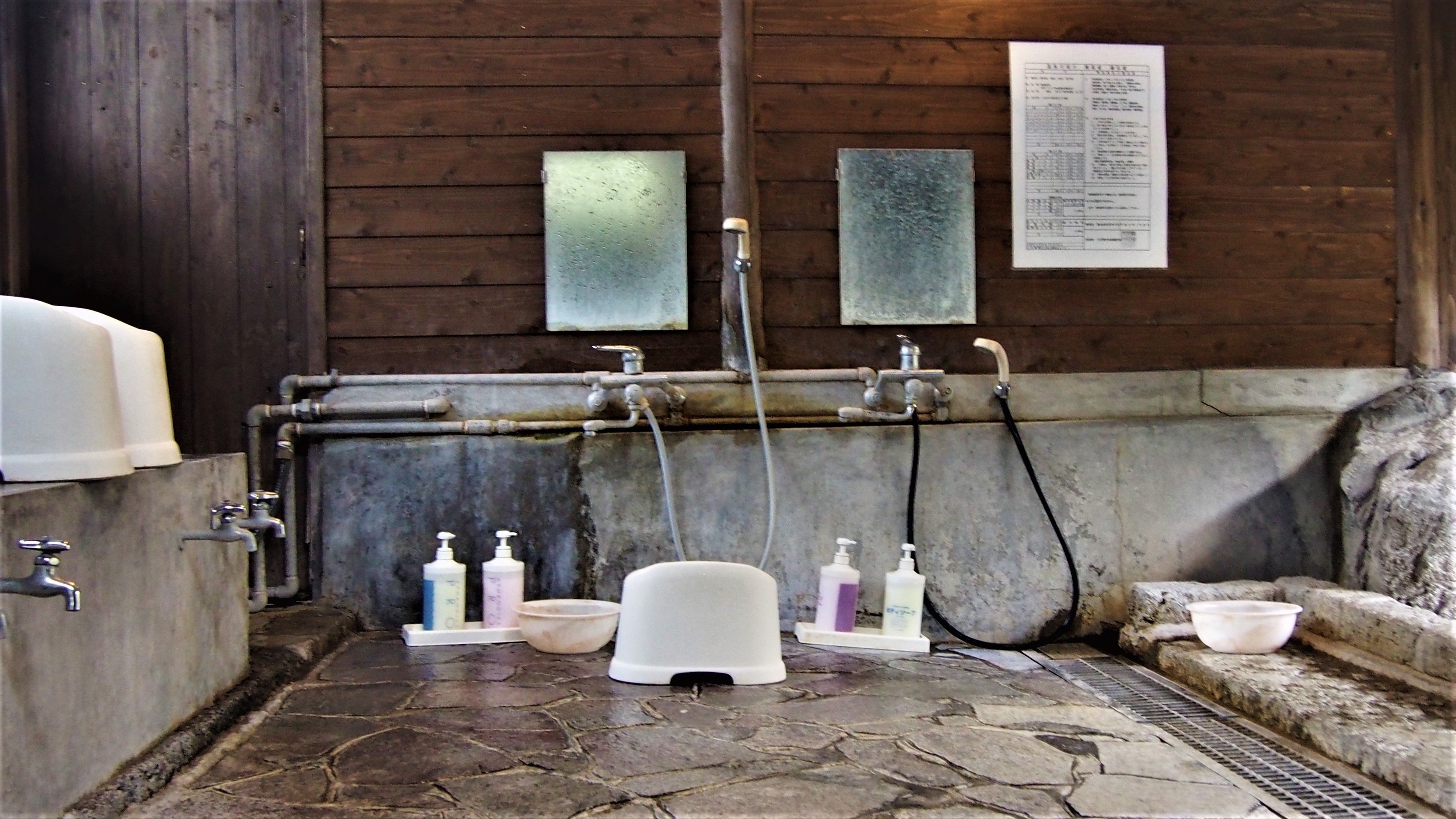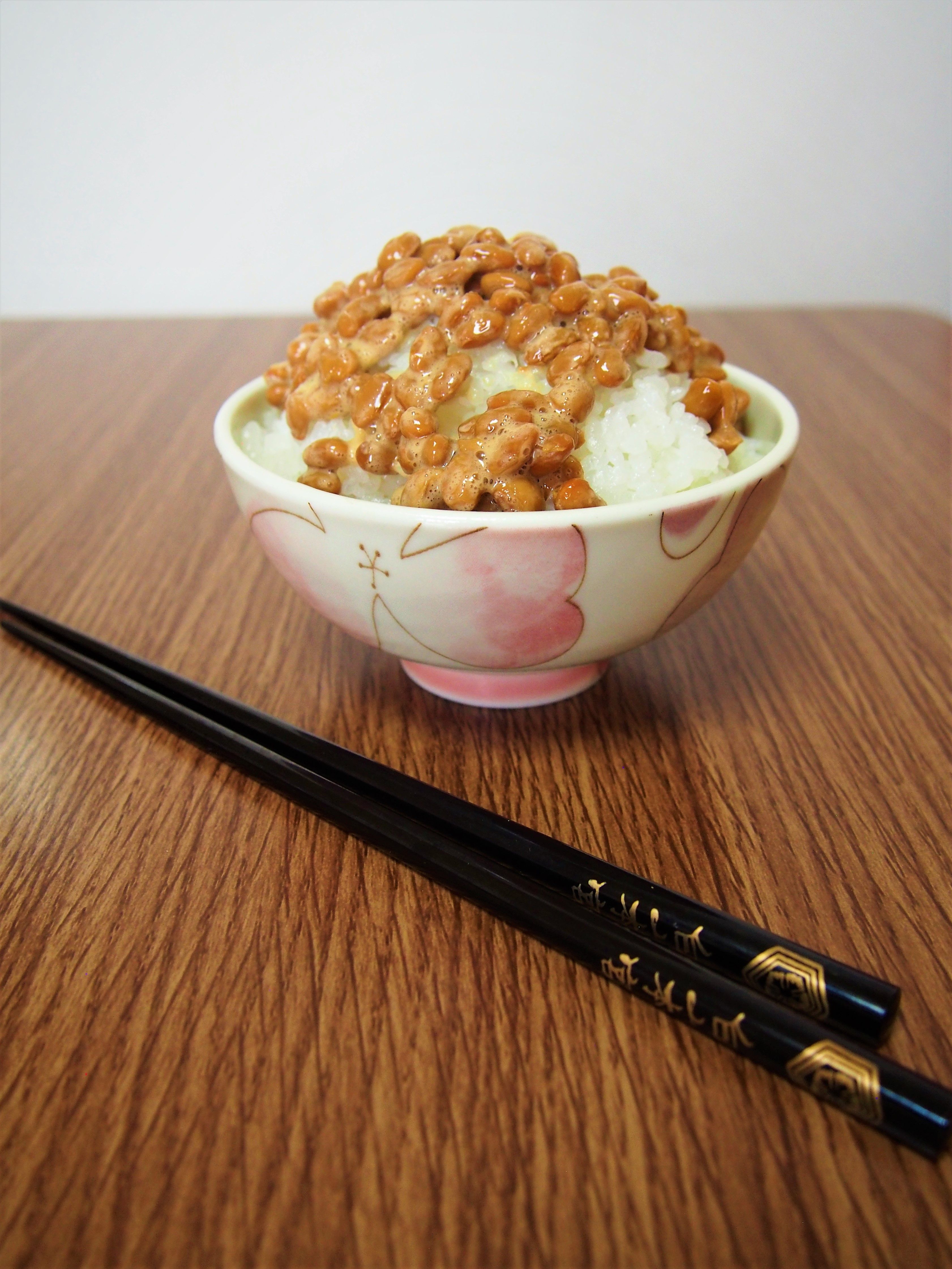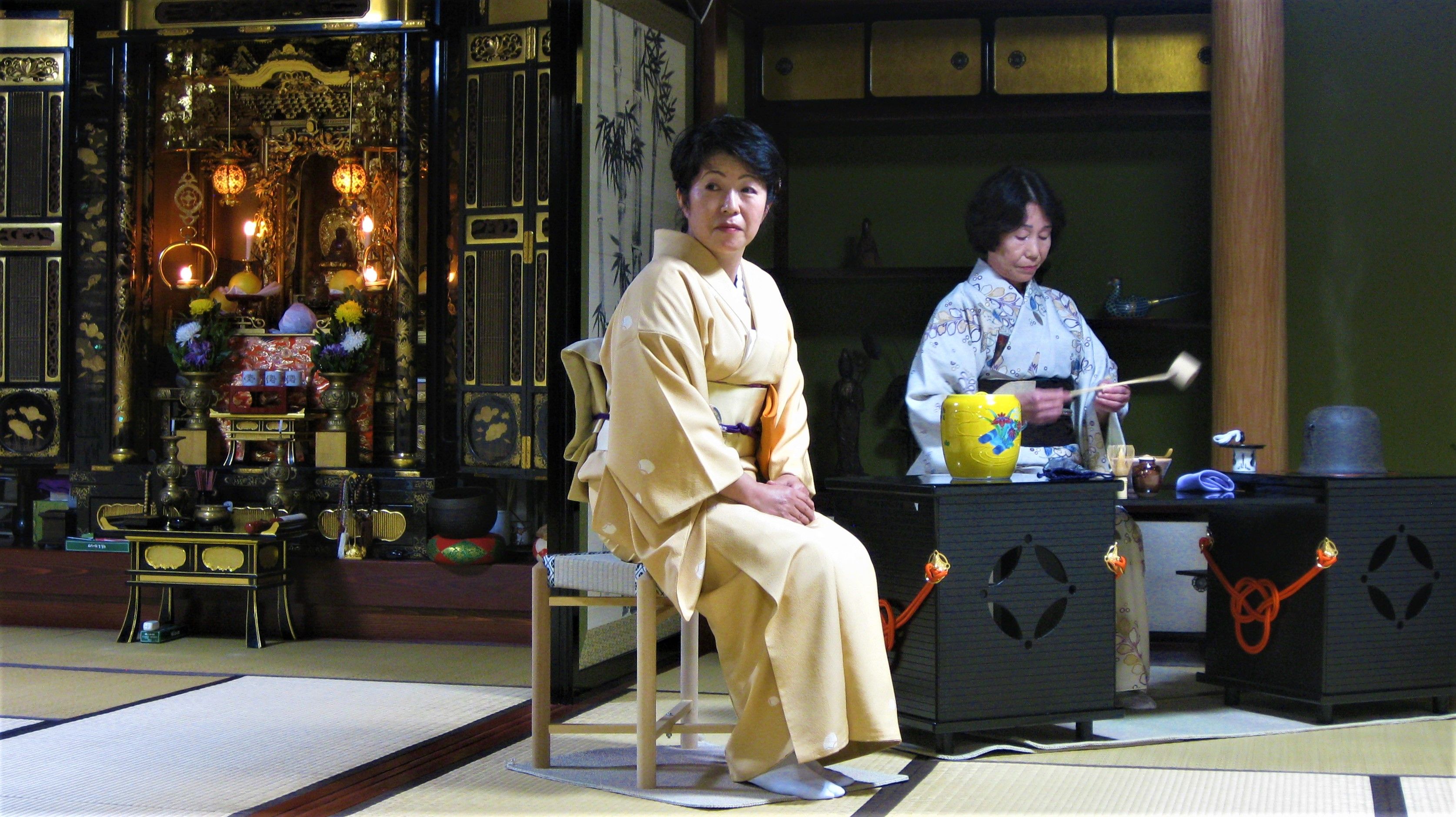Japan is one of the safest and cleanest countries, and its inhabitants live longer than anywhere else in the world. Its hardworking people have turned Japan into a global market leader, with work philosophies that have been adopted by businesses throughout the globe. Here are a few habits we might all adopt.
Morning exercise
I’ve seen in work yard after work yard. hundreds of employees participating in the asa taisou (朝体操). Asa taisou is a morning stretch routine, all performed to the sound of an étude and the strict counting of a leader. This is the morning routine in businesses and classrooms all over Japan. No doubt, the circulation of blood is an important aspect to performing a day’s work. Too often, I forget that I am more than a keyboard-punching computer operator; that I am, indeed, a living, breathing human being who must energize my body in order to reclaim my mind. Many Japanese people know this, believe it and live it.
https://www.youtube.com/watch?v=taHYsmLpWD



